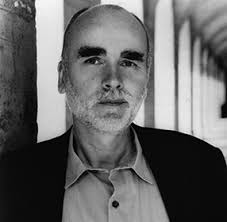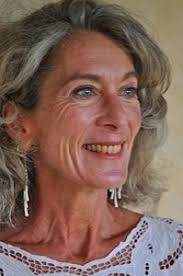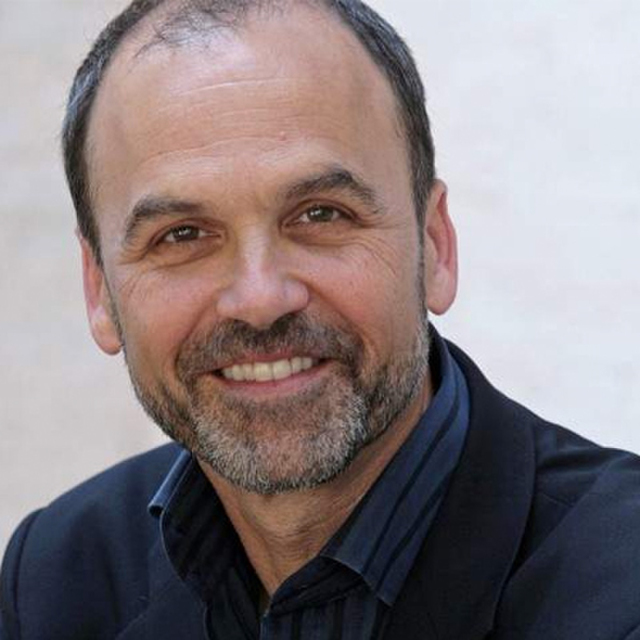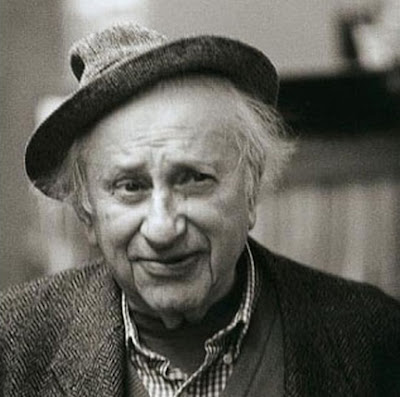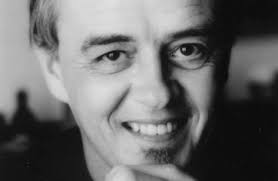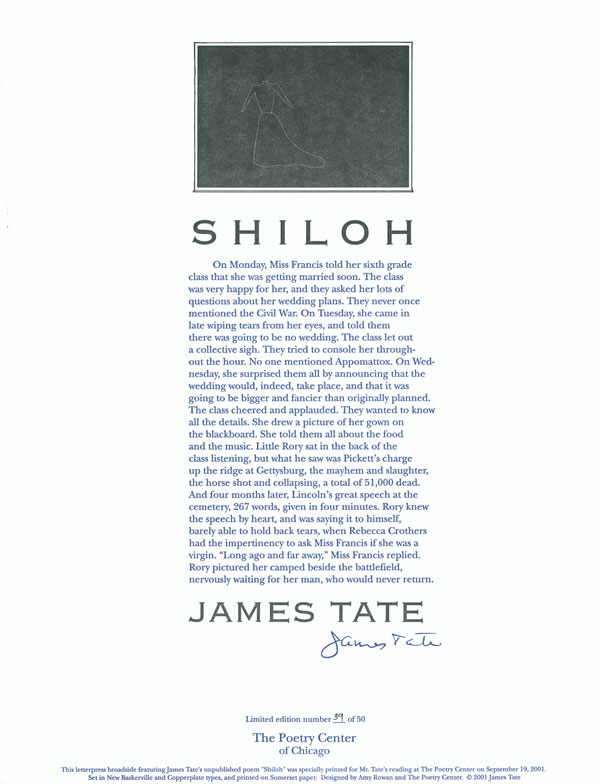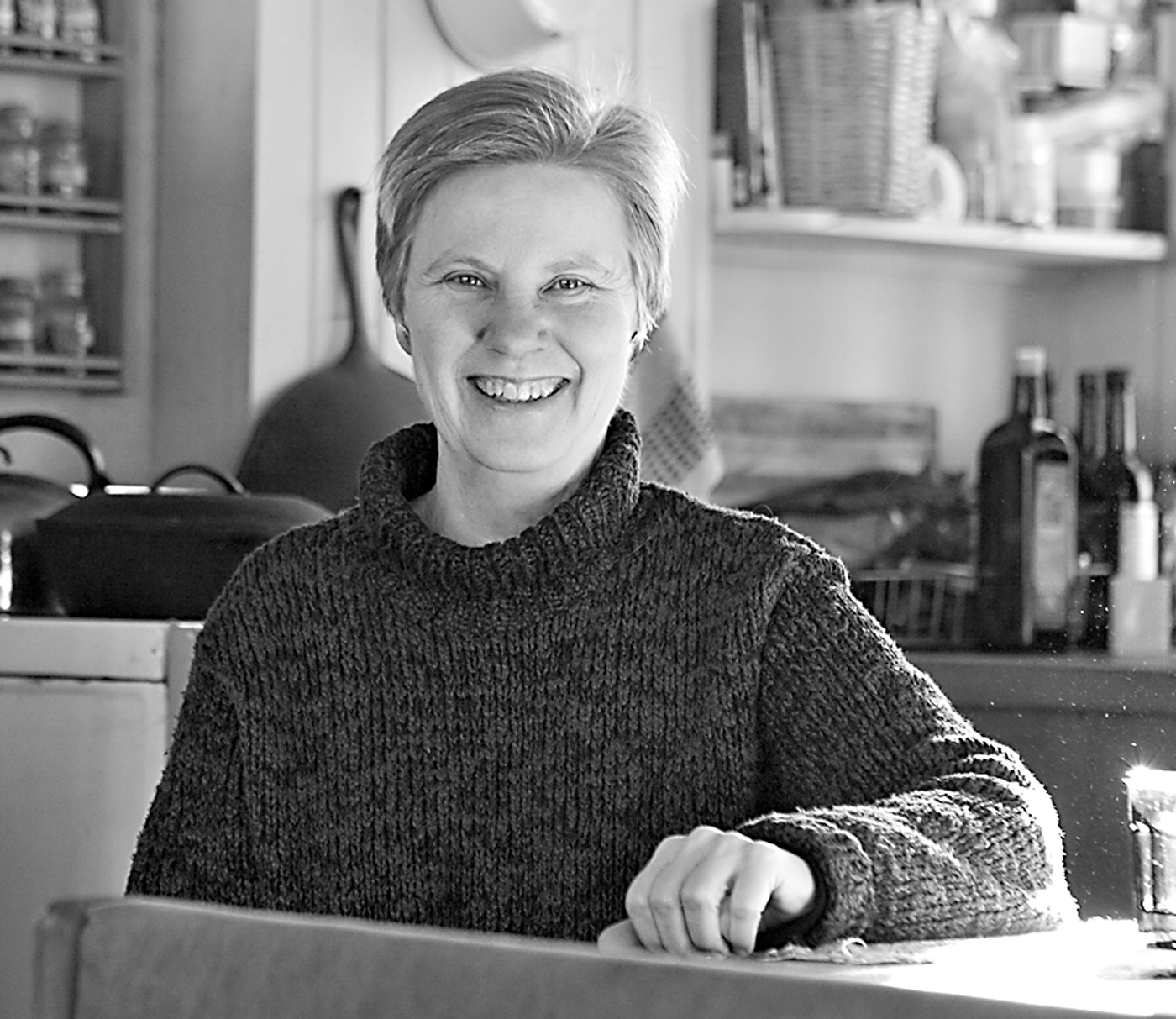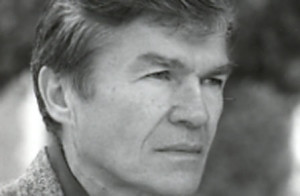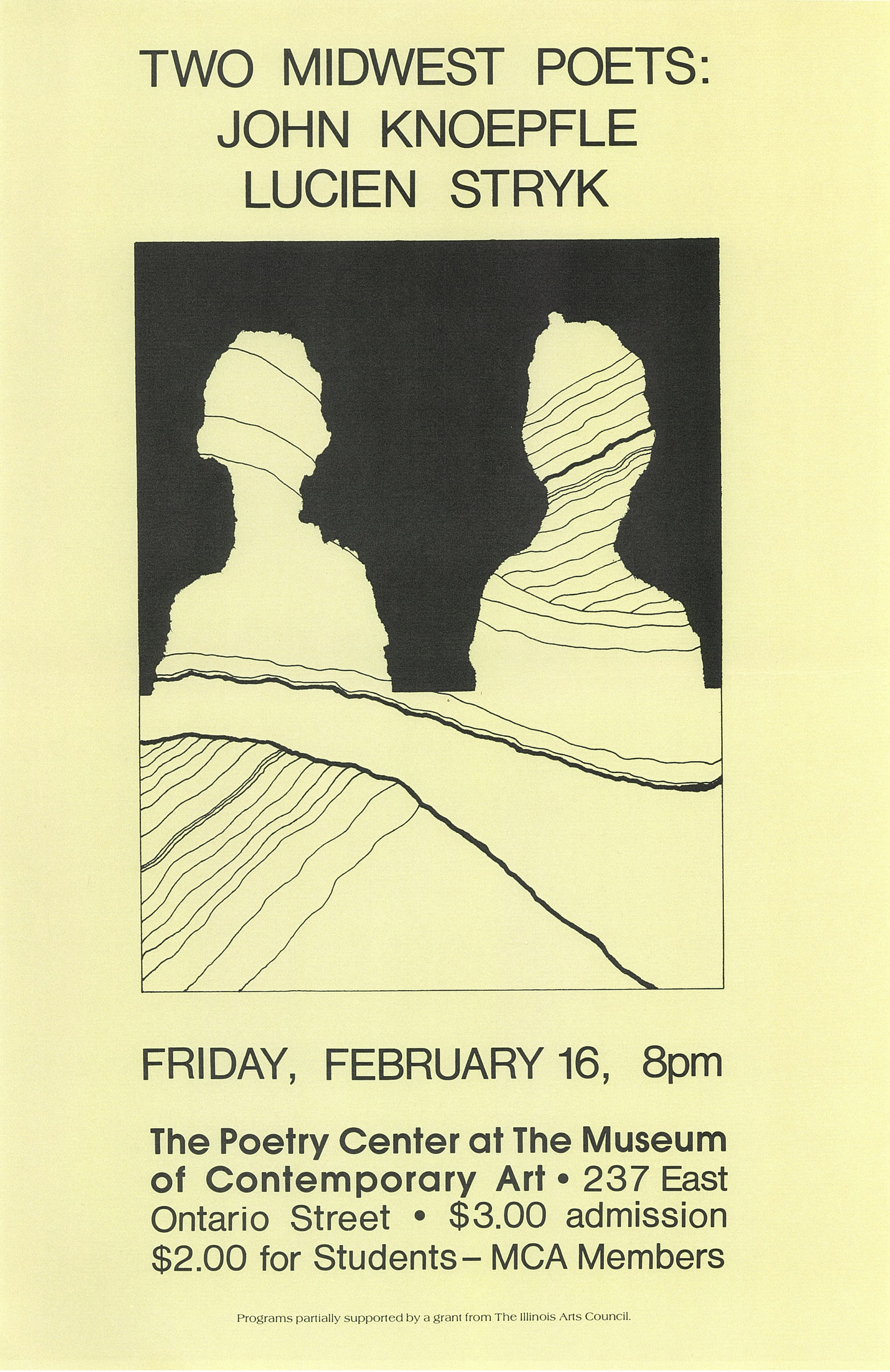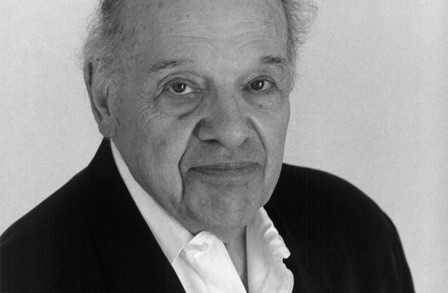Barnes, Jim 1999
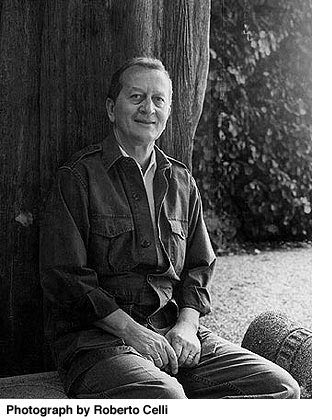
Seems ages on the hill above the rocky point
I have kept my eyes on the horizon where sky
drops to sea. No sign of any ship I do not
recognize, just the ragtag wornout fishing fleet
about to sink. No single sail grabbing the wind
and fifty men at oars to tell us you are back.
– Jim Barnes, “Ithaka 2001”
Watch this interview with Jim Barnes from the Oklahoma History Center:
On a high plateau where the earth rounds off
the edge of nothing and the sky pours down
like hail so heavy that the pickup squats
on its springs and groans toward the horizon,
you think of Andy, all those years long gone.
– Jim Barnes, “Heading East Out of Rock Springs”

